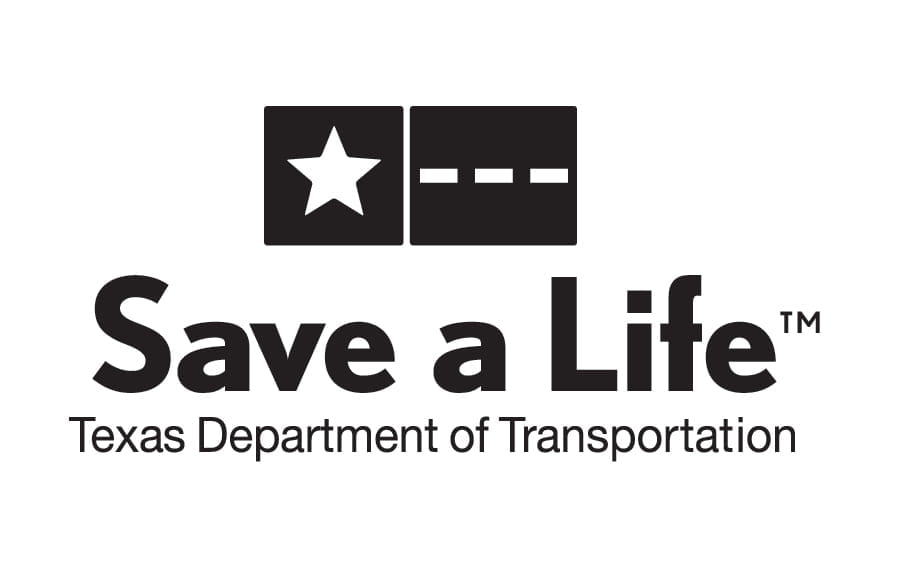
Hello Everyone,
Wow! It is almost the end of October already. It has been a busy month at TJCTC getting ready for the next academic year and getting judges and court personnel registered for conferences and workshops. In this edition of TJCTC Updates, we have a few education opportunities for you as well as our Legal Question of the Month and other resources.
Board Question of the Month
Question: Does this new policy (below) mean I should do something different in eviction cases?
Answer: No. This document outlines limitations and policies that the Borrower/Landlord has to comply with based on the type of loan they received. If the Borrower/Landlord does not follow the policies, then there is a specific penalty outlined in the document. This isn’t something that the court needs to ask about during an eviction case.
Registration Updates
Registration has been going smoothly thanks to our Program Administration Team and Home Office Team. If you get a chance, tell Jessica, Darby, Laura, Jasmine, Jeff, Sonya, and Francisco how much you appreciate them!
While many programs are full, there are still some spots available in the following programs for judges & court personnel.
Judges
- Lubbock 20-hr Conference
- Austin 10-hr Conference (same week as JPCA Day at the Capitol)
- Baylor Criminal Trial Workshop
- Secrets of the Dead Workshop
- Impaired Driving Symposium
For more information about each program, visit: https://www.tjctc.org/justices-of-the-peace/education-events.html
Court Personnel
- Virtual Criminal
- Virtual Civil
- Rural Clerk Workshop
For more information about each program, visit: https://www.tjctc.org/court-personnel/education-events.html
Civil Process
- Registration for Civil Process will open next week.
For more information about next year’s programs, visit: https://www.tjctc.org/civil-process/education-events.html
Any elected constable who has not yet completed their 1415 TCOLE requirement for this training cycle will receive an early registration link from Laura Villarreal at lv13@txstate.edu by 10/29/2024.
Domestic Violence Awareness Month
Texas Advocacy Project Webinar: Power & Control: Going Beyond the Basics of Intimate Partner Violence
This training session will delve into the complexities of intimate partner violence, helping participants to recognize abusive tactics and identify high-risk indicators. We will also tackle common myths and misconceptions, shedding light on the barriers that make leaving an abusive relationship so challenging. Additionally, we’ll explore the impact trauma has on survivors and share empowering strategies to enhance their safety and support.
October 31 from 10 – 11 am
Registration Link: https://us02web.zoom.us/meeting/register/tZMudeGsqDMsGNW3wsOZlvu93AsKLhMbNC2s#/registration
National Center for State Courts Trending Topic
Remote Justice: Virtual Support for Domestic Violence
Technology has been associated with exacerbating safety concerns for many survivors of domestic violence. Abusers may violate privacy and security online to maintain control over their partners. However, technology has recently proven to be of benefit in the form of support system for survivors.
Read the full article here: https://www.linkedin.com/pulse/remote-justice-virtual-support-domestic-p6f2e/
Constable’s Corner: *NEW* Civil Process Proficiency Certification(CPPC) Exam Study Guide
If you are preparing to take the CPPC Exam, check out the new self-paced study guide with information about how to take the test and what information it will cover.
You can access the study guide on the TJCTC Self-Paced Module Page, here: https://www.tjctc.org/onlinelearning/selfpacedmodules.html
Happy Halloween! As always, we look forward to seeing you soon.
– Thea and the TJCTC Team






